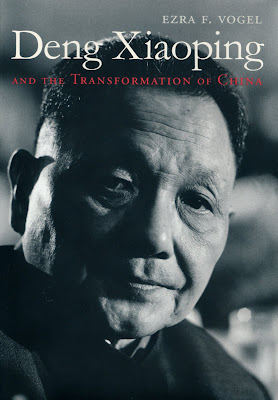Marketing Fiction
While I am relatively new to the library profession, being exposed to a world of reading and practicing readers' advisory firsthand has given me the gumption and inspiration to create new ideas for marketing our fiction at the library. One idea is to create a program for adults and teens (separate meeting times) to share a book with the other attendees they are reading and loving, or a favorite book from the past. The club's goal is to create excitement for continued reading and allow the community to make friends with those who share similar interests. Attendees can read an excerpt, give a plot summary, or share what they liked about it within five minutes. For another five minutes, the others can ask questions about the book. Attendees are encouraged to share a book in the library collection, but it is not required. The staff member running the program will place fiction books they have read and recommend, and other staff picks on tables in the room to be available for check...


